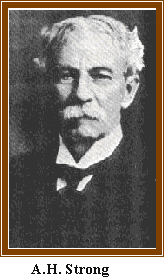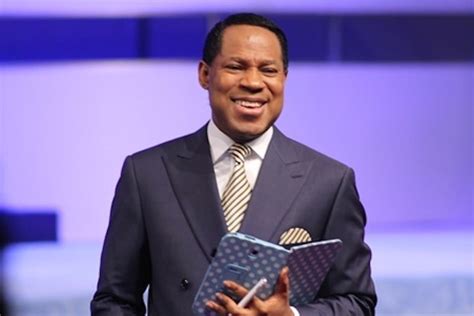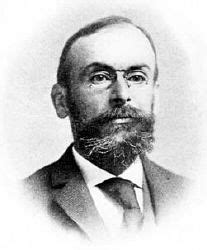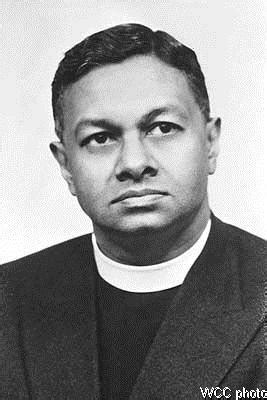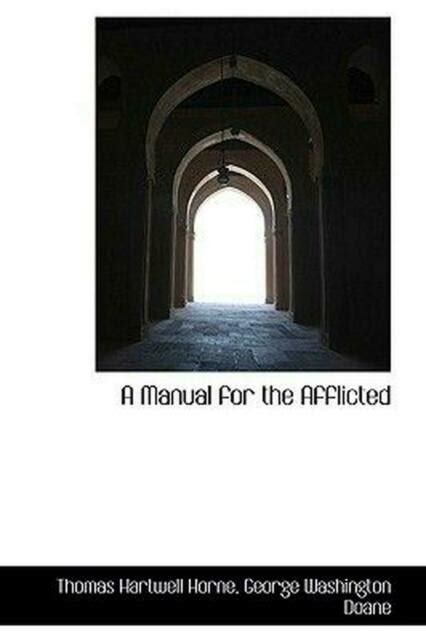A Quote by John Wycliffe
Ability is that sufficiency which cometh from God.
Quote Topics
Related Quotes
Prayer does two things. It shows the complete sufficiency of God and the complete helplessness of man. It shows that God is not lacking, that He is in need of no thing, that He is infinitely and gloriously wealthy, that He can give to, He can bless and He can answer without the need of help from anyone or anything else. And it also shows that we are in desperate need of that kind of sufficiency.
When the Holy Spirit comes to live within you, He will come with the ability to produce righteousness. Righteousness is the nature of God, which when imparted to the human spirit, produces the rightness of God in the human spirit. It gives man right standing with God; it gives him the ability to stand in the presence of God without a sense of guilt, inferiority or condemnation. It means rightness in God. The righteousness of God is wrought in you.
Not so in haste, my heart! Have faith in God and wait; Although he linger long, He never comes too late. He never comes too late, He knoweth what is best: Vex not thyself in vain; Until he cometh, rest. Until he cometh, rest. Nor grudge the hours that roll: The feet that wait for God Are soonest at the goal. Are soonest at the goal. That is not gained by speed; Then hold thee still, my heart, For I shall wait his lead.
The chief difficulty is that God demands of us that we live by faith: faith in God, God's sovereignty over the future, God's sufficiency for the present; while, on the other hand, the various other gods whom we can serve appeal to us in terms of the things which we can see and the forces which we can calculate. The choice between the life of faith and the life of sight is a choice between a God whom only faith can apprehend and gods whom one has only to see to understand.
There is nothing in the nature of a miracle that should render it incredible:;: its credibility depends upon the nature of the evidence by which it is supported. An event of extreme probability will not necessarily command our belief unless upon a sufficiency of proof; and so an event which we may regard as highly improbable may command our belief if it is sustained by sufficient evidence. So that the credibility or incredibility of an event does not rest upon the nature of the event itself, but depends upon the nature and sufficiency of the proof which sustains it.
The riches of heaven, the honor which cometh from God only, and the pleasures at His right hand, the absence of all evil, the presence and enjoyment of all good, and this good enduring to eternity, never more to be taken from us, never more to be in any, the least degree, diminished, but forever increasing, these are the wreaths which form the contexture of that crown held forth to our hopes.


